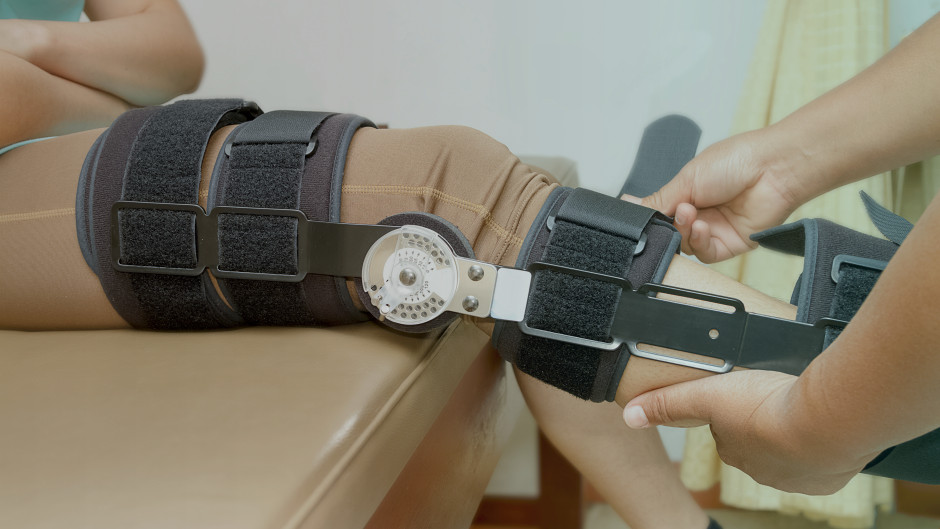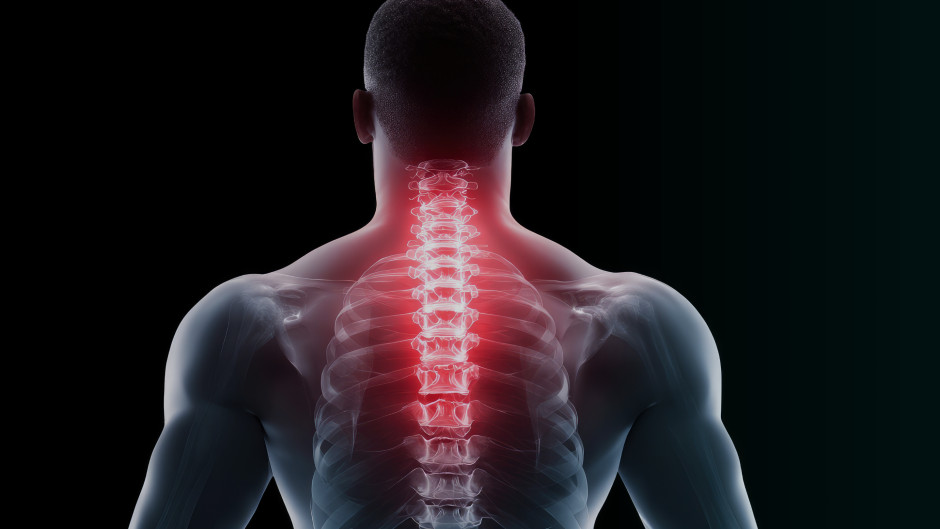Conservative management of lumbar spinal stenosis
Comprehensive Nonsurgical Treatment Versus Self-directed Care to Improve Walking Ability in Lumbar Spinal Stenosis
Aim: To investigate the effectiveness of a comprehensive conservative training program vs a self-directed program in improving walking ability in patients with Lumbar Spinal Stenosis
Method: Assessor-blinded pragmatic RCT
104 participants split into two groups
1) Self-directed care: Instructional vid, a workbook to record steps, pedometer & 15-30 minute training session. 6-week program
2) Comprehensive program: a) Education re: self-management strategies using a CBT approach. b) Exercise: a set of 18 exercises over 6 weeks, strengthening, stretching, flexion biased exercises, cycling (+/- forward leaning) c) Manual therapy: low amp spinal manips, soft tissue, and neural mobilization, muscle stretching
Outcome Measures:
Primary: Continuous walking distance (self-paced walk test) + Secondary: multiple functional outcomes (surveys + questionnaires)
Measured at 6 months and 12 months
Results: 82% of participants in the comprehensive group achieved the minimally clinical important difference with self-paced walk test vs 63% in the self-directed group.
Clinical Implication:
The obvious clinical implication would be a comprehensive program involving education (CBT), exercises, and exercises proved superior to a self-directed care in terms of improvements with walking ability. However, if you take a look at the results, 63% of the self-directed group also improved! You can also look at this study as a self-directed program may also be viable for those who cannot access a more comprehensive program. (ie. whether it’s financial barriers, accessibility, etc.)
From: Comprehensive Nonsurgical Treatment Versus Self-directed Care to Improve Walking Ability in Lumbar Spinal Stenosis: A Randomized Trial. Ammendolia, et al. (2018) - Arch Phy Med Rehabilitation
About the authors:
Adrian and Colin are Physiotherapist from Sydney (Australia) and Vancouver (Canada) respectively. Educating and sharing research was a passion of their even since studying Physiotherapy at University together. They continued to develop and challenge their thoughts and judgments whilst working in Private practice sector in Sydney.
Following Colin’s return his homeland of Canada. Adrian and Colin decided to kick-start an initiative to help new graduate Physiotherapists.
The Freshman Physio HEREaims to Empower new graduate clinicians with an evolving way of reasoning and bridge the gap from University to practice. With the primary goal of “Creating Better Clinicians."
Do you also believe that we as therapists need to keep improving and become modern day physiotherapists who can apply the biopsychosocial model better into practice?
The best place to keep learning and enhance your knowledge is Trust me-ED, "The Netflix for Physiotherapists". Here you can learn from the best teachers in our profession who share their knowledge in high quality lectures and online courses for the cost of three beers per month.
Does this also sound good to you?
Then you can subscribe today and watch all the great lectures whenever you want, wherever you want:



